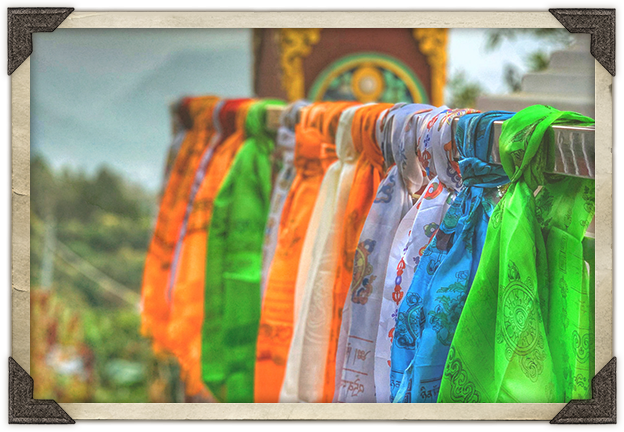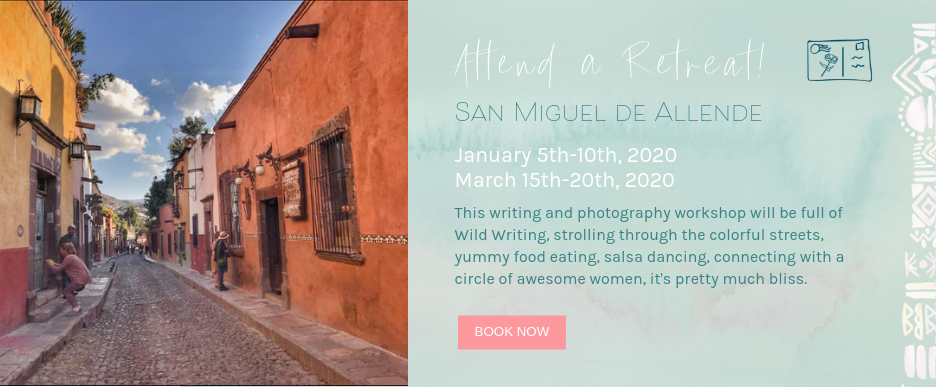The man with the teeth coming out of his cheek scared me. So did the man with knobs for hands who sat cross legged on the ground, bobbing back and forth, chanting, balancing a cup of tea between his knobs. The burned man too, he scared me, the layers of exposed flesh, how the skin on his back gave way to a hollow crater that allowed you to see what was inside a person. I’d made myself look at him as I circled the great Boudhanath stupa in walking mediation. But the man with the teeth jutting out of his cheek scared me the most, and I only allowed myself a quick glimpse before turning away.
I wasn’t ready for the way his right eye melted into his face. How the left side of his body collapsed, how it was the job of the right side to drag it around. Wasn’t ready for the way he looked straight at me.
I’d heard my dear friend, the writer, Jeff Greenwald, talk about Kathmandu for years. The ancient kingdom of Nepal was featured in three of his books, and many of Jeff’s monologues on stage featured bizarre encounters with baby snow leopards, llamas and magicians disguised as beggars. His stories were mesmerizing and exotic, but I never once considered going to Nepal because I didn’t think I could handle the poverty, the dirt, and the disfigured.
James, our meditation guide, and the creator of the Himalayan Writers’ Workshop, and who has hired me for the last three years to be one of his writing instructors, says that if a man like the one with the teeth crosses your path, it’s a blessing, a gift, because he offers you a look at darkness – yours – mine – ours. Turning away, James says, means missing an opportunity to turn toward yourself.
“Nothing is as it appears here,” says James throughout the trip. I learn that the man I can’t look at was a teacher in the hills above the valley. But when the Maoists came in the 2000’s, they threw acid in his face, kidnapped his two children and took them away to become soldiers. “I couldn’t look at him for a long time too,” James tells me, as he goes over to the man to greet him in namaste, and give him some rupees.
Darkness seems to be the theme of the trip for me. I’d come with some heaviness that I couldn’t shake. I’d hurt a very important friend a few months earlier. I’d say inadvertently, but the pain I caused this friend was the result of a choice I had made – and so, if nothing else, I was a part of the chain of pain that resulted.
Before the trip, I found myself seeking counsel with friends, re-telling the decision I had made, trying to get some absolution, someone who would tell me I’d done the right thing. I spoke to a number of people, but even if they told me what I wanted to hear, I couldn’t seem to let it go.
If you know me, you know I’ve always been fairly tough on myself. I wrestle with the night, turn over stones, look to see how I can do things better – and especially if I’ve hurt or disappointed someone. At nearly 60-years-old, perhaps I should be past worrying about letting people down – it’s inevitable and so damn human. But hurting people, even if I didn’t mean to, sits with me, even if, as James tells me, “intention is everything.”
I’d gone back and forth about the decision that had hurt my friend. Professionally, it made sense, it was something I wanted to do. I knew at the time that it could trouble our 30 year friendship, but I thought he’d forgive me, that it would blow over.
It didn’t. It tanked us, and a few months later I left for Nepal without resolve.
“Ask him what he needs,” my 21-year-old, sage of a daughter, Zoe, told me. She was with us in Nepal – her first time out of the United States. Not only is she smart, but she’s wise. The kind of person who, when you ask her a question, takes her time in answering. She considers things. Once she was sitting with me and James and he asked her a question, and I think we sat almost one solid minute in silence waiting for her to answer. Zoe became a touchstone for me on the trip. When something came up for me, it was Zoe I went to for counsel because I could count on her fairness and her depth. Plus, she is never afraid to put things in my face, or ask me what my responsibility is in a situation.
“And what do you need?” she’d asked, “to let go of this, to forgive yourself?”
Friends, it took time. I left Nepal with a raging case of Giardia – though it wouldn’t come to life for a week – and have spent the last week plus on the couch, sometimes just staring out the window watching the trees in my yard blow in the wind. In this rest and peace I have sat with things, I’ve been quiet. And then last night, my friend who I had hurt came over and we made a fire, turned out the lights, and we sat in that bright darkness together and mulled the whole thing over. I can still feel the hug we gave each other when he left, the way we held on to each other a little longer.
I’m thinking back to my original fears of coming to a place like Kathmandu – its dirt and disfigurement – its darkness. I thought my fear was about encountering them, the others, but clearly I encountered myself. “Nothing is as it appears here,” James kept saying.
I’m thinking back to that word, namaste – the light in me sees the light in you – and what that means. If I see your light, then you must see mine – even when I can’t see it and I want to banish myself from the kingdom of light.

Would you like to write your own stories? Wild Writing, live and online starts in January!
Join us in San Miguel de Allende, Mexico January or March 2020!


You slayed me with that piece, Laurie. Blessings to you. And, Namaste
Thank you Amelia xxxxx
Wow, loved going through your piece..
Literally, I needed Lamaze short puffs, to get thru Kathmandu… Namaste.
part of the chain of pain …
“I can still feel the hug we gave each other when he left, the way we held on to each other a little longer.”
wet eyes….xooxoox
I wrestle with the night, turn over stones…There is nothing I enjoy more than to go poking through the woods wondering at the wild array of life in just one small locale. One summer day I was about to roll over a fairly good sized log when the friend with me said, be ready for what you’re going to see if you disturb that log. That has become one of my life lessons. If something has been lying there in the damp and the dark and I decide to roll it over and expose the underlife to the light, I must prepare myself to see. Thank you for reminding me of this.
So much here Laurie. What do I need to let go? Today I’m having a Shloshim Minyan for my husband to died at the end of October. I’m looking through albums trying to figure out why I was so often mad, upset, hurt, by this man who in the photos of our best moments smiles, puts on silly hats, loves me in a way I couldn’t understand. Today friends who knew him, us, will tell stories, laugh, and perhaps create within me a place for the pressure of the last five years to open and release.
So much richness here, dear! What do we each need? What can we let go of? And how can we move through the world with grace and ease and compassion? Thanks, as always for shining the light inward, and reflected it outward, for swirling questions in my heart and head. Namaste, indeed.
Light, darkness, forgiveness, love, friendship are all interwoven here like a hand-pieced Nepalese shawl. All one needs to do is read this powerful, affecting piece to understand why you are such an extraordinary teacher of the Wild Writing craft. Thank you for sharing this raw, honest, and immensely moving experience (even though your description of those men with the exposed teeth, hand stumps and melted eye scared the bejeebers out of me–I think I need to look at some puppy photos pronto).
I love all of this so much, Laurie. I’m remembering my own Nepal trip and love that refrain – nothing is as it seems. Thanks for sharing your lens on the world, your heart. xo
Wisdom.
Respect.
Beauty.
Pain.
<3
Laurie, at 82 and your mom you are my teacher (as well as your own). You have just dumped again so much life-knowledge into my lap.
Sitting here in the hospital waiting room while my friend Deb has knee replacement surgery, I’m looking at all these weird looking faces and body shapes… Another world for me – or is it? Another “homecoming”. God bless you.
Oh, Laurie, what a gift you and your writing are. I’m breathless reading this–thank you thank you! xo
Lovely truth, beautifully spun. I will be in San Miguel de Allende with my girlfriend and we would love to meet you there! PS I’m a good friend of Mark’s…
Thank you for sharing both your darkness and your fire. Mad love to you from the road to Questa this morning!
Thank you. You are a courageous and beautiful soul sister!
What a deep, beautiful–and beautifully written–post. I’m now your follower!
A profound story, beautifully told. It’s impossible to read your words without recalling the refrain from Leonard Cohen’s unforgettable “Anthem”… Thank you, Laurie, for your gift of illumination.